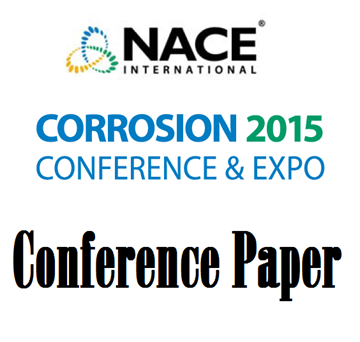Search
11268 Control of Preferential Weld Corrosion of X65 Pipeline Steel in Flowing Brines Containing Carbon Dioxide
Also Purchased
05277 Preferential Weld Corrosion: Effects of Weldment Microstructure and Composition
Product Number:
51300-05277-SG
ISBN:
05277 2005 CP
$20.00
Evaluation of Preferential Weld Corrosion Susceptibility and Its Mitigation in Slightly Sour Conditions
Product Number:
51315-5640-SG
ISBN:
5640 2015 CP
Publication Date:
2015
$20.00
05276 Corrosion Loop Studies of Preferential Weld Corrosion and Its Inhibition in CO2 Environments
Product Number:
51300-05276-SG
ISBN:
05276 2005 CP
$20.00




